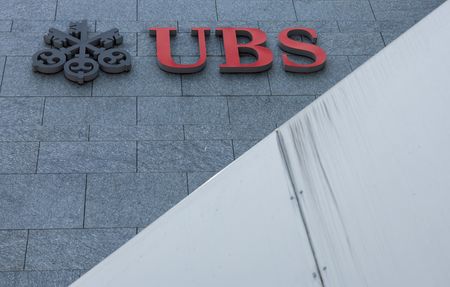LONDON (Reuters) -Britain said on Tuesday it made 63% more arrests for illegal working this year than last, driven by targeted operations in the food delivery, beauty salons and car washes industries aimed at deterring illegal migration.
Britain’s Labour government has seen its popularity slide since it came into office last year – partly due to public concerns over immigration – and, under pressure from the populist Reform UK party, has pledged to reduce the number of migrants who arrive illegally.
“Illegal working creates an incentive for people attempting to arrive in this country illegally,” interior minister Shabana Mahmood said in a statement. “No more.”
Immigration Enforcement arrested more than 8,000 illegal migrants in the 12 months to September 2025, a statement from Mahmood’s interior ministry said, up 63% on the previous 12 months.
Of those arrested, over 1,050 foreign nationals have been removed from the country.
Polling shows immigration is one of British voters’ main concerns after the cost of living, and the government’s repeated crackdowns on illegal working form part of its broader strategy to curb illegal migration.
In September, Prime Minister Keir Starmer announced another part of the plan, saying that in future workers would be required to hold a compulsory digital identity card.
Some rights advocates have voiced concerns over the government’s tougher stance on immigration, warning that it was fuelling hostility toward migrants and British people from ethnically diverse backgrounds.
Food delivery firms including Deliveroo, Just Eat and Uber’s delivery app Uber Eats, have agreed since 2023 to implement stricter controls to end the practice of unchecked account sharing by their drivers and riders over worries about illegal and underage workers.
The government struck a new deal in July with the three companies, in which they have also agreed to share data to help identify asylum seekers working illegally.
(Reporting by Sam Tabahriti, Editing by Sarah Young and Catarina Demony)











